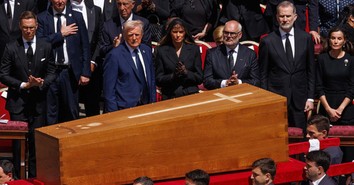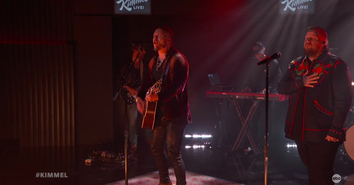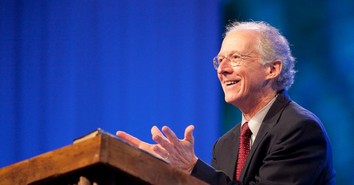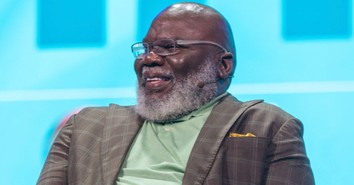‘No Address’ Shines Light on America's Homelessness Crisis, Billy Baldwin Says
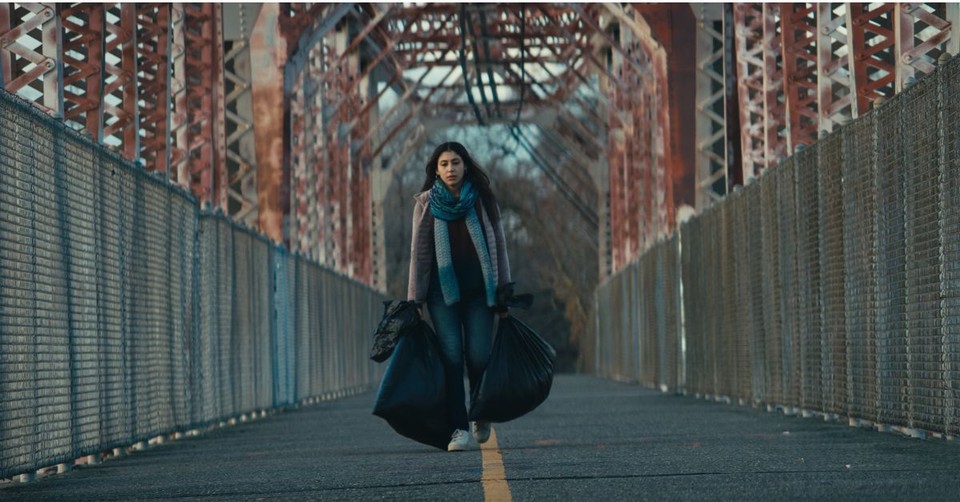
A new faith-adjacent film featuring a celebrity-packed cast hits theaters this weekend, aiming to spotlight the growing homelessness crisis in the United States. No Address opens Feb. 28 and follows the stories of individuals who are forced out of their homes and must fight to survive on the streets. It includes William "Billy" Baldwin, Xander Berkeley, Beverly D'Angelo, Lucas Jade Zumann, Isabella Ferreira, Patricia Velasquez, Kristanna Loken, singer Ashanti, and television personality Ty Pennington.
It was inspired by true events.
The movie's website includes links to a Bible study guide and a companion documentary.
"It's a huge crisis, compounded and exacerbated by the influx of fentanyl from the Canadian and Mexican border," Baldwin told Crosswalk Headlines about homelessness. "And I wanted to try to raise awareness about the issue of homelessness, but also to show the paths that can possibly lead to homelessness in a way that people are kind of shocked.
"I want to reframe it as a mental health crisis more than a homelessness crisis," he added. "The vast, overwhelming majority of people that are experiencing homelessness [have] experienced some sort of mental health event in their life."
More than 1 million individuals in the United States are homeless. Some are children. Others are young adults who have aged out of the foster system, Baldwin noted. Some are veterans battling PTSD.
"These people don't have access to health care," Baldwin said. "If you have anxiety, if you have depression, if you're bipolar, if you're schizophrenic, if you're PTSD, and you have no health care and you have no psychologist, and you have no psychiatrist, and you can't be given the medication that many, many people watching this interview are taking -- and these people are self-medicating on the street with alcohol and fentanyl."
If such individuals were given the proper medication and a second chance, "there's a very good chance they might not be in the situation that they're in," Baldwin added.
To prepare for his role in the film, he visited homeless shelters and encampments. He saw "teenagers that were talking to you one minute, and then they were leaning over, nodding out on fentanyl three minutes later [and an] 80-year-old man in a wheelchair with a double amputee who was talking to me, and the next minute, he was falling out of his wheelchair on fentanyl."
Baldwin hopes the film leads viewers to take action in their communities by supporting homeless ministries and organizations that help individuals become self-sufficient. He said potential solutions to homelessness are more cost-effective than current approaches.
"It's going to cost us more in the long run if we don't."
Photo Credit: ©Fathom
Michael Foust has covered the intersection of faith and news for 20 years. His stories have appeared in Baptist Press, Christianity Today, The Christian Post, the Leaf-Chronicle, the Toronto Star and the Knoxville News-Sentinel.
Listen to Michael's Podcast! He is the host of Crosswalk Talk, a podcast where he talks with Christian movie stars, musicians, directors, and more. Hear how famous Christian figures keep their faith a priority in Hollywood and discover the best Christian movies, books, television, and other entertainment. You can find Crosswalk Talk on LifeAudio.com, or subscribe on Apple or Spotify so you never miss an interview that will be sure to encourage your faith.
Originally published February 24, 2025.

